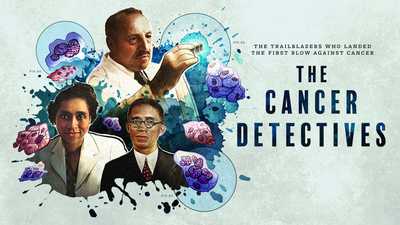Colonel Edward House

Widely respected for his intellect and political acumen, Colonel Edward House was Woodrow Wilson's most trusted advisor - until House's apparent compromises at the Paris peace treaty negotiations tore their friendship apart.
Born into a wealthy Houston, Texas family in 1858, Edward House's cotton plantations made him financially independent for life. Although he declined public office himself, House devoted himself to Democratic politics. The title of "Colonel" was honorary, given to him by one of the several Texas governors whose election campaigns House managed. He read widely, observed keenly, and made few enemies. Politicians frequently sought his sage advice. In the fall of 1911, his attention drawn to national politics, House met then-New Jersey governor, Woodrow Wilson.
Like Wilson, the soft-spoken House had been reared in the South in the aftermath of the Civil War. The two men found much in common and became close friends. When Wilson sought the 1912 Democratic Presidential nomination, House helped him secure the crucial backing of William Jennings Bryan. With Wilson elected president, House became his closest adviser, providing Wilson with advice born of years of political experience.
House's chief contribution was in foreign affairs. Informally representing Wilson in Europe in early 1914, House tried to relieve some of the mounting tensions between the various powers. With Europe plunged into war - and with America's neutrality slipping - House advocated preparedness on the home front. Sent to Europe again by Wilson to look for some means of mediation among the belligerents, House attempted to find a "peace without victory" - and failed. With America's entry into war, House helped coordinate the American war effort with that of the Allies. At Wilson's urging, he also set up "the Inquiry," a think tank whose suggestions gave rise to Wilson's famous Fourteen Points speech and the concept of a League of Nations.
At the Paris Peace Conference, House appeared to have negotiated away many of these same Fourteen Points in the face of British and French opposition. When Wilson returned from a quick trip to Washington, and realized what House had given up at the table, he was furious. His sense of betrayal was compounded by his first lady Edith Bolling Galt Wilson, who had disliked House ever since House had opposed her marriage to the president so soon after the death of Wilson's first wife, Ellen. When Wilson, increasingly ill, returned from Europe in 1919, House was frozen out. Wilson completed his presidency and died without seeing him again.
House continued to dabble in high-level democratic politics and published several insider accounts of his experiences in political life until his death in 1938.






